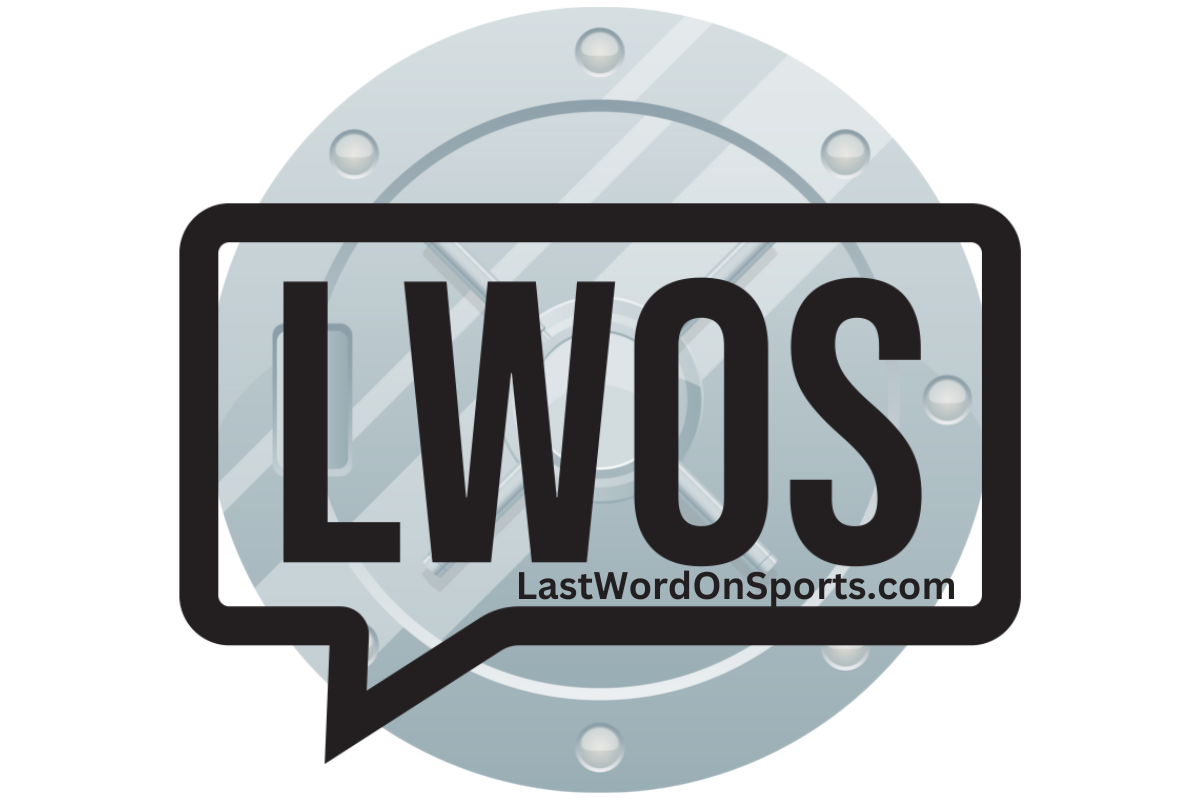2020 was a fun year for sure. Some industries flushed: Zoom and Netflix grew their subscriber base almost threefold and there were dozens of new casinos in Australia and around the world. Other industries suffered, especially sports with fans being replaced by cardboard.
In 2020, the Washington Redskins changed the name to a bland Washington Football Team. The Cleveland Indians are said to change the name by the 2021 season. This high-profile change spurred a lot of heated debate among fans. If they don’t want Redskins, soon the Cincinnati Reds would have to change their name, it never stops — some argued on Twitter.
A common belief among those who want to keep the status quo is that it’s the new generation of “snowflakes” who are ruining sports for everyone. That’s far from being the case. In fact, many fans arguing about it being a modern issue may not have been born back when changing an insensitive name became normal practice.
What are the differences between the trend now and over 20 years ago? Hop on this read to find out.
Teams Changing Name to Remove Insensitivity Is Hardly a Novel Thing
The 2020 Controversy
The biggest news of this sort in 2020 were sports teams changing names Most notably, the Washington Redskins changing their name and the iconic logo of a Native American Chief. Granted, it’s much easier to defend the Washington team’s honorable portrayal of a Native American than the Cleveland Indians’ rather silly-looking Chief Wahoo. Nevertheless, both teams are changing names with the Indians set to rename somewhere in 2021.
Arguably, what sparked the public outrage towards these two sports teams was the general increase in movements for social and racial equality in the US since the unfortunate death of George Floyd. As you may know, after his killing by a police officer in the US, country-wide protests started.
But civil unrest wasn’t the only reaction. The incident started a wave of social movements that sought to fight injustice in multiple areas of the US society including several historical monuments and sports teams’ names.
Despite how revolutionary the idea of changing the name of Washington Redskins may look like, the current trend is actually much smaller than it was before.
A History of Teams Changing Name
It appears that only half a dozen of teams are changing their names in 2020. This includes Washington Redskins, Edmonton Eskimos, and Cleveland Indians from major sports leagues as well as Syracuse Chiefs and Danville Braves from minor leagues. Oddly enough, the list also includes a Swedish ice hockey team by the name of Frölunda Indians.
That’s nothing in comparison to the number of name changes in the mid-90s to early 2000s. During these years, Michigan Hurons became Eagles, Redmen renamed to Red Storm, and Ohio Redskins became Redhawks. These are only some out of 20-odd sports teams that changed their names during the decade.
But the trend existed even earlier, with teams like Dartmouth Indians, and two teams called Savages changing their names in the mid-70s. If anything, fewer teams were renamed between 2000 and now.
What was the driver behind these renamings? It would be nice to think that the owners thought depicting a cartoon caricature of a Native American was a faux pax, but they probably didn’t. It was the Native American organizations like the American Indian Society who brought up the issue.
They argued, depicting Native Americans in such a way not only insults them but creates negative stereotypes and even hurts young Natives’ self-esteem. The opponents who want to keep the names say it doesn’t. But is that true?
Honoring the Natives or Being Racist?
Figuring that out is rather tricky. There was no comprehensive research done to understand how such a seemingly distant thing as a sports team logo can influence a nation’s treatment of a minority. However, we do have some supplementary research that backs up several arguments made by the Native American organizations.
One of those studies shows that seeing and interacting with Native American imagery in sports and other media only evokes positive associations among Native Americans of high school age.
That study was comparing the attitude towards those images and towards statistics of Native American negative stereotypes such as alcoholism or high school dropout rates. Naturally, the mascots received a much more welcoming treatment from the respondents. A follow-up study with improved methodology showed that seeing caricature pictures of natives may result in lower self-esteem and trust in the community in young Native Americans.
Another couple of studies, however, proved that mascots can negatively impact the stereotyping of Native Americans among the larger population. Notably, mascots swayed liberal opinions, leaving the opinions of conservatives unchanged. Since a third of US sports fans are liberals, these findings could mean mascots can be damaging.
The Bottom Line
Even if you don’t think that taking offense to a mascot that is meant to honor the natives is right, there is quite a lot of evidence suggesting it could still be damaging to society. That, and the fact that activists will continue working towards getting rid of those names, means the 1,900-odd school teams with problematic names in the US would have to rename.
Main Photo






